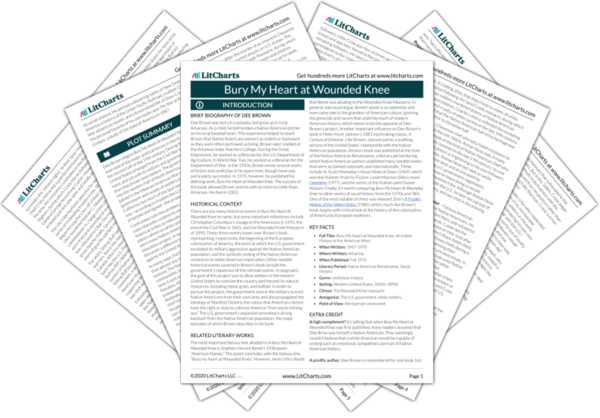Government agent who led negotiations with the Utes but later launched a full-scale smear campaign against them. Meeker was an important agent of cultural genocide against the Native American population: he made it his explicit mission to wipe out Ute culture, forcing the Utes to abandon their hunter-gatherer traditions. Meeker’s argument that the Utes lacked the mental capacity to own property proved highly popular with U.S. audiences at the time, because it provided a convenient justification for the theft of Native American lands.
